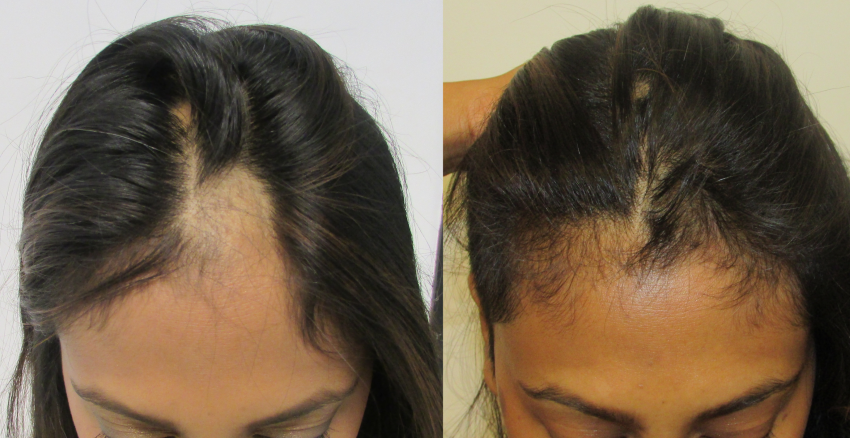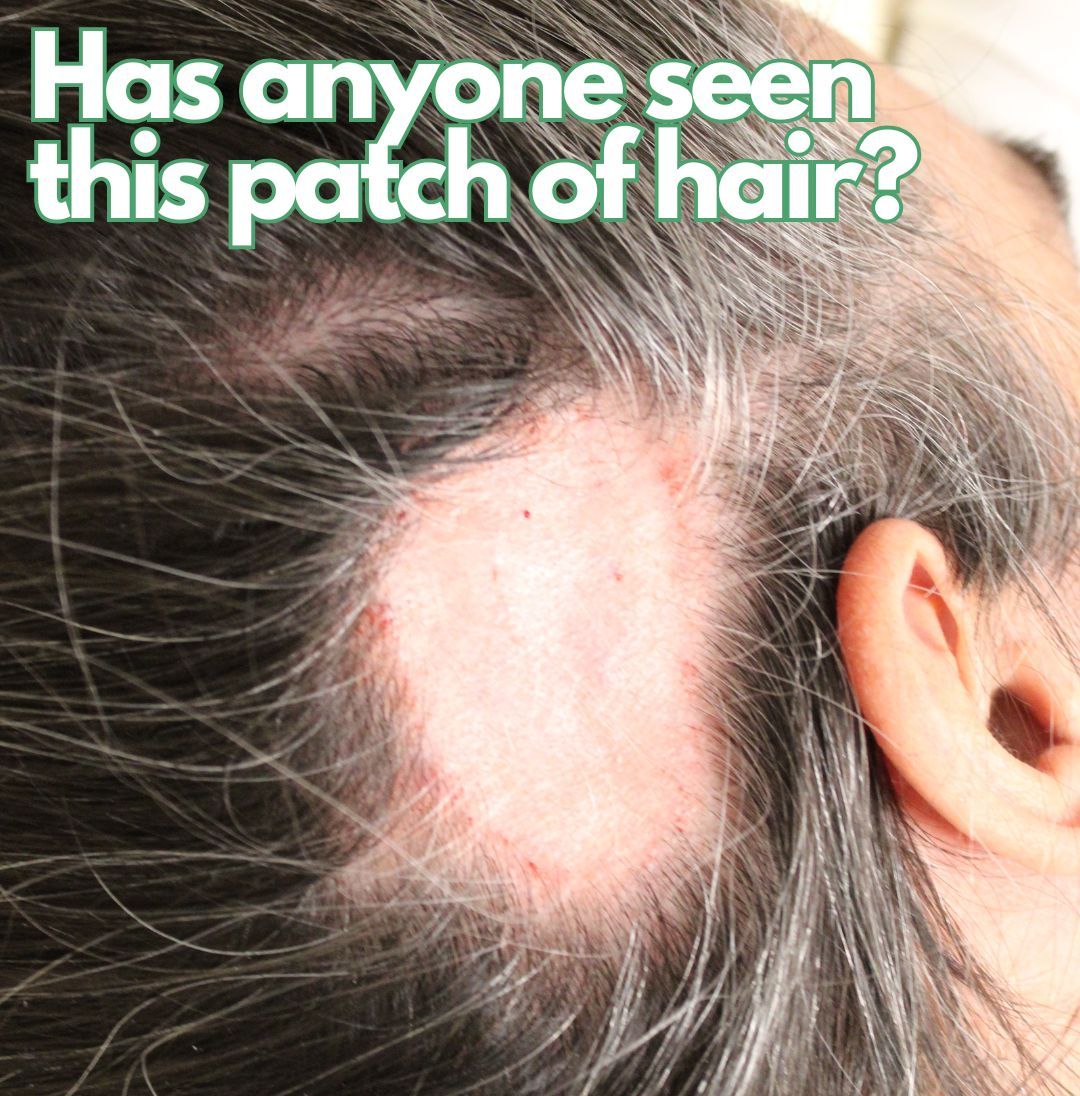How Stress Impacts Hair Health: Understanding and Management
How Stress Impacts Hair Health and 5 Easy Steps to Manage It

In the fast-paced world we inhabit, stress is a constant, lurking in both our professional and personal realms. While the mental health implications of chronic stress are well-discussed, its physical manifestations are often overlooked. One such overlooked area is hair health. Prolonged stress doesn't just leave us feeling frazzled; it can also lead to significant hair loss and impede its regrowth.
Can Stress Really Cause Hair Loss?
Yes, it can. Stress, particularly chronic stress, has a direct impact on our bodies, triggering hormonal imbalances, disrupting sleep patterns, and even affecting our nutritional status – all factors contributing to hair loss. Types of hair loss associated with stress include:
- Telogen Effluvium: This occurs when an increased number of hair follicles enter the resting phase (telogen) prematurely, often in response to stress, causing more hair than usual to fall out during shampooing or brushing.
- Alopecia Areata: This involves the immune system attacking hair follicles, often triggered by severe stress, leading to hair loss, most commonly in circles or patches. Alopecia areata can impact both head and beard hair.
- Trichotillomania: This is a behavioral condition where a person feels compelled to pull out their hair, often as a method of coping with stress or anxiety.
How Does Stress Slow Down Hair Regrowth?
Stress affects not only hair loss but also the regrowth process. Under stress, the body directs its resources towards essential functions, often neglecting hair growth, which is not a critical survival function. This resource shift can significantly slow down the production of new hair strands following hair loss.
Identifying Stress-Related Hair Loss
It's crucial to understand the signs of stress-induced hair loss. These may include noticeable hair thinning, more hair falling out during washing or brushing, or even bald patches. If you suspect your hair loss is linked to stress, it's essential to consult with a healthcare professional. They can help determine the cause and recommend appropriate treatment strategies.
Managing Stress to Combat Its Effects on Hair
Reducing the impact of stress on hair health involves holistic stress management approaches. Here are several effective methods:
- Mindfulness and Meditation: These practices help calm the mind, offering a sense of tranquility. Regular meditation or mindfulness exercises can significantly reduce stress levels.
- Regular Exercise: Physical activity is a proven stress reliever. Activities like yoga, swimming, or even brisk walking can help lower stress hormones.
- Balanced Diet: Nutritional deficiencies can exacerbate hair loss. It's essential to consume a balanced diet rich in vitamins, minerals, and antioxidants to nourish hair follicles.
- Adequate Sleep: Stress often disrupts sleep, a critical recovery time for your body. Ensuring you get 7-9 hours of quality sleep each night can help in stress management.
- Professional Help: If stress becomes overwhelming, seeking help from a therapist or counselor is advisable. They can provide strategies to manage stress effectively.
Embracing a Stress-Less Life
While eliminating stress entirely may not be feasible, minimizing its impact is within our grasp. Through mindful lifestyle choices, supportive self-care practices, and seeking professional guidance when necessary, we can protect our hair health from the ravages of stress. It's about taking steps towards a healthier, more balanced life – for our minds, bodies, and hair.
🔗 Struggling with Stress-Related Hair Loss? If your hair hasn't begun to regrow within 3-6 months, it's crucial to act fast. Hair follicles affected by stress don't remain revivable as long as those affected by other causes. Early intervention could be key to saving your hair. Click here for a free consultation with a hair regrowth expert, ready to assist with your unique situation. Don't wait – schedule now and take the first step toward recovery.
Recent Articles From Our Blog










